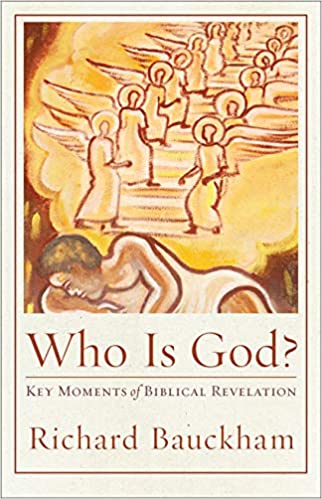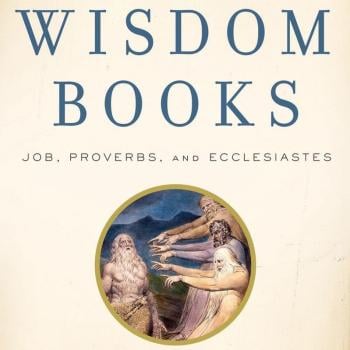BEN: I agree that the first fully Trinitarian text in the Gospels (by chronological time since Mark comes before Matthew and Luke) is Mark 1—the baptism of Jesus story. The Isaianic background to the rent heavens is important. I take it that Mark is using apocalyptic language, and that we are being told Jesus had visions. Matthew makes this more of a public event, but Mark is quite clear this was a revelation to and empowerment of Jesus personally here. This
event is clearly the precursor to Jesus beginning his ministry— his identity is reconfirmed personally, and he is empowered by the Spirit to do various things. Note that he doesn’t perform his miracles by his divine nature but by the Spirit of God as Jesus says about the exorcisms. So interestingly the very text that makes clear that Jesus is God’s only, beloved Son, is also the text that makes clear he will operate as a Spirit-empowered human being, such that his disciples could also later perform the very same kinds of miracles and acts of compassion by God’s Spirit. What should we take away from the baptismal scene about Christ’s humanity? I assume he needed the empowerment and the revelation at the baptism in some sense.
RICHARD: According to John it was also a revelation to John the Baptist, which made possible John’s special vocation of revealing the Messiah to Israel. Maybe Matthew’s “This is my Son, my Beloved” is addressed to us readers, rather than the crowd?















